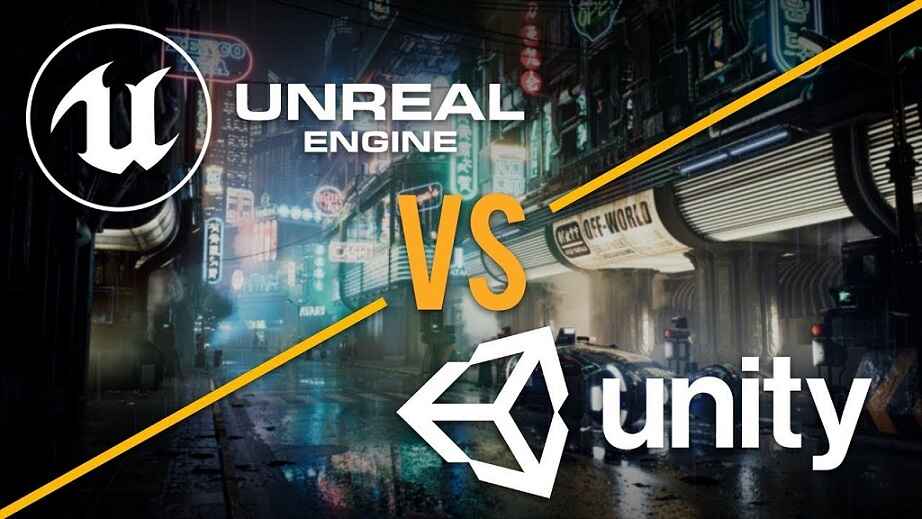Blockchain technology came to be with the introduction of Bitcoin, the first peer-to-peer payment system.
Over the years, it has been improved to offer solutions across various sectors of the economy besides making payments.
As this technology grows, the need for companies to hire specialists also grows.
Some organizations encourage and even incentivize their current employees with a tech background to take courses or certificate programs on blockchain to stay up to date and ensure a smooth integration of the technology into their operations.
By adopting blockchain technology, some businesses have seen benefits not previously available to them.
Here are some of the benefits.
Enhanced Security
Blockchain technology enjoys better security than any other record-keeping system or other platforms on the internet.
First, any transactions that are made on the network are first agreed upon using a consensus method.
Therefore, all elements of the network are aware of the transaction.
Second, each transaction that is carried out has a link to the order transaction, which creates a flow of information.
Third, the transaction is encrypted using a hashing method. Therefore, none of the information can be leaked to third parties.
Fourth, each node holds a copy of all transactions that were made in the system.
If a malicious node tries to make changes to past transactions, other nodes reject the request.
These systems are immutable and prevent the reversal of data by any means.
They can be used in records where data does not need any changes after it is fed.
Ability to Trace Information
Traceability is vital, especially where you want to create a supply chain with various players, such as having various parts vendors for your equipment.
In a traditional supply chain system, tracing items may be difficult, and, in some cases, vendors have used the loophole to steal and deliver counterfeit goods.
Blockchain technology is a transparent platform that allows each party to trace the goods entering the supply chain while ensuring that none of the goods are misused or replaced along the way.
It becomes easier to hold people responsible for each sector responsible where there are quality issues, bottlenecks in the supply chain, or failure to deliver as agreed.
Reduced Costs
Companies around the globe are looking for ways to cut costs while at the same time maintaining the quality of service.
Unfortunately, traditional systems require them to keep buying add-ons to improve efficiency, security, and management.
However, with blockchain technology, all of these are not required as they are already built into the system.
In addition, blockchain technology helps organizations escape costs associated with third-party vendors.
It has no inherited central player, which would incur costs.
Second, it does not require much interaction when validating a transaction as the nodes do that automatically.
This removes the need to use a third-party software solution to validate transactions, which would have increased the transaction costs.
The use of cryptocurrency in making payments also lowers costs when paying for goods and services, especially when the suppliers are outside borders.
Companies can also allow end-users to pay in e-currencies to eliminate the cost of currency conversion and associated transfer and validation fees.
Crypto gambling with Stake Casino is one way gaming platforms are offering cheaper transactions for their customers.
BSV Vs BlockChain
One of the main differences between BSV Blockchain and other blockchains is its larger block size limit. BSV supports a block size limit of up to 2GB, which enables it to process more transactions per second than other blockchains like Bitcoin and Ethereum.
BSV also emphasizes its focus on data storage and management, with the goal of becoming a global data ledger for enterprise applications. BSV’s supporters believe that its larger block size limit and focus on data management make it a better choice for businesses looking to use blockchain technology for applications such as supply chain management, intellectual property tracking, and more.
However, BSV has faced controversy and criticism, with some accusing it of being a centralized project controlled by a small group of individuals. Additionally, some exchanges and other cryptocurrency-related businesses have delisted BSV due to its controversial founder, Craig Wright, who claims to be Satoshi Nakamoto but has been unable to provide conclusive evidence to support his claims.
Enhanced Efficiency and Improved Speed
Transaction validation through a centralized player can be incredibly slow, especially if the service provider is checking thousands of such transactions each day.

Where human beings are involved in the validation process, there is a chance that there will be errors, which can have an impact on the bottom line.
Blockchain solves these problems by automating the process.
The use of a digital lender streamlines the process by ensuring that every transaction is stored in a single place.
There is no duplication of duties, which enhances efficiency.
Besides, the fact that all transactions are kept in a decentralized ledger increases trust between players.
A combination of speed, trust and efficiency makes for better transactions for the common good.
Enhanced Transparency
Transparency is one of the issues that many organizations have problems achieving while using traditional systems.
This is because there is always a centralized player who directs transactions and may not always be fair to all players.
Besides, each transaction is not kept in the same storage, which may give some players a chance to manipulate some aspects of the transaction.
Fortunately, blockchain technology creates a public ledger that is decentralized and open for viewing by all players.
While not all players take part in validating a transaction, each has the choice.
Besides, everyone that takes part in the validation process keeps a copy of the transaction.
Therefore, there are no details hidden from anyone.
Transparency is vital in any society, especially where security is paramount, such as e-government procedures, online voting, completing bank transactions, or verifying users.
Dealing with Fiat Currency Volatility
Cryptocurrency is slowly becoming the international gold standard for storing value.
While e-currencies still fluctuate, they are less likely to be affected by issues affecting society such as inflation, wars and sanctions.

This means e-currencies are more stable for use in transactions around the world.
Some popular e-currencies include Dogecoin, Ethereum, Litecoin, Bitcoin, and Bitcoin Cash.
Most wallets allow for transactions with various e-currencies.
In addition, the decentralized nature of e-currencies enables them to remain stable, only affected by the forces of demand and supply, unlike fiat currencies whose supply, valuation, and use are controlled by central banks around the globe.
With many platforms accepting e-currencies, it is now easy to buy goods and services with ease using cryptocurrency.
Blockchain technology is a game-changer in the business world. Individuals and businesses can benefit from its transparency, security, low cost, efficiency, and speed to improve all aspects of transactions other than money transfers.
Besides, many companies are now accepting cryptocurrency, enabling people and companies to extend the benefits of blockchain technology to money transactions.
Also, read about The Best 3 Pdf Compressing Tools For Free Conversion, Why Americans Can’t Live Without Loans, Future of eCommerce & What Is SASE and Why You Should Care?










